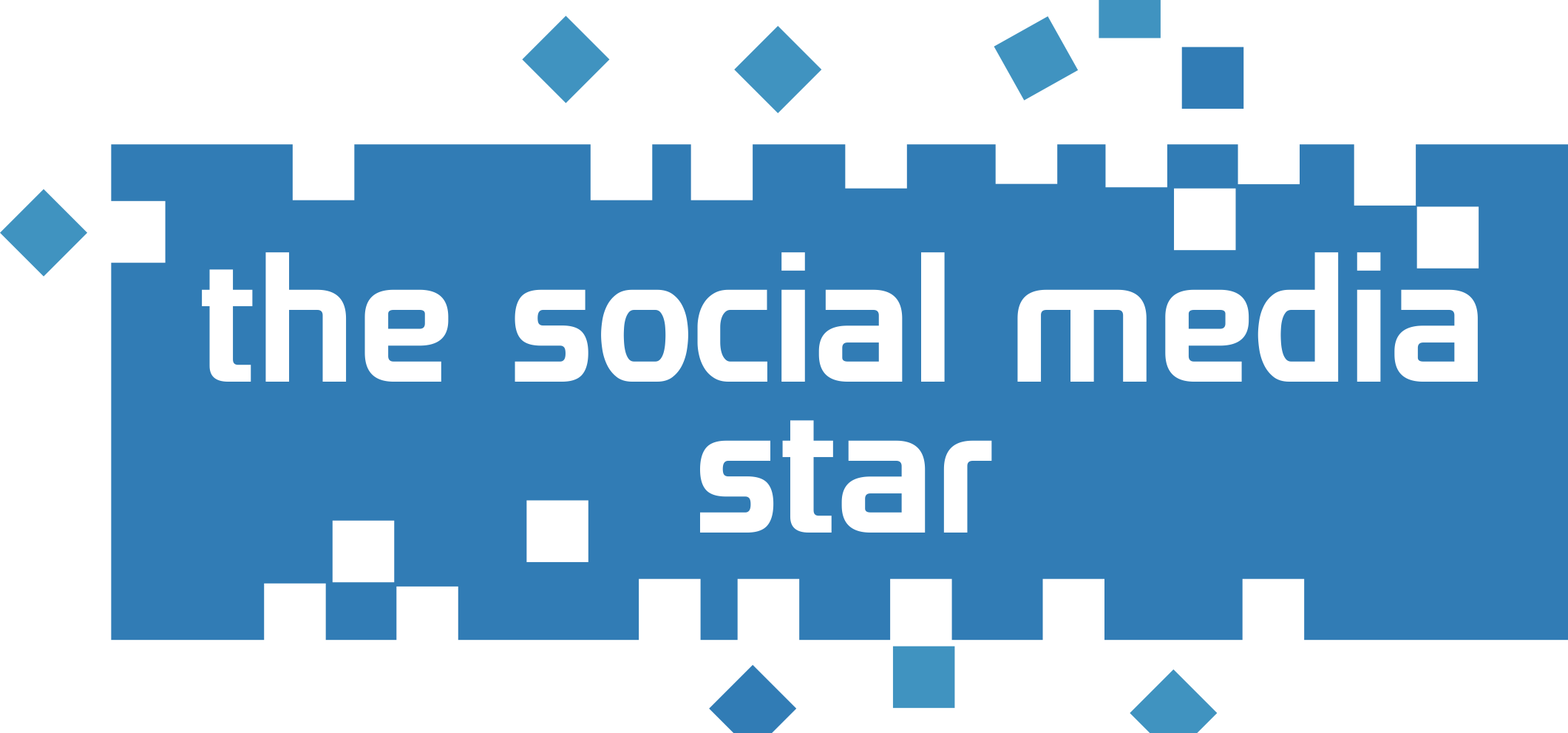TikTok Overtakes Google for Gen Z: A Gateway to Information with Risks
While TikTok has become a primary source of information for Generation Z, offering quick and engaging answers to queries, concerns arise regarding the reliability and safety of the content
According to a report, 64% of users aged 27 and under use TikTok as a search tool, bypassing conventional search engines like Google. However, the platform’s algorithm-driven content recommendations may lead users down unreliable paths. The report mentions instances where users seeking health advice on TikTok encountered content promoting fad diets, eating disorders, and potentially harmful practices.
Health Risks and Misinformation on TikTok
Medical professionals express concern about users turning to TikTok for health advice, as influencers on the platform may not possess expertise. The report cites examples of misleading information related to medical topics, including unconventional treatments and homeopathic remedies. Some content promotes dangerous practices, such as inhaling toxic fumes or adopting cleansing methods with potential health risks. The short-form video format may contribute to the dissemination of misinformation, and users might be influenced by trends that could impact their physical and psychological well-being.
Challenges in Evaluating Content on TikTok
The nature of TikTok’s content delivery, with a continuous stream of videos, poses challenges in evaluating and verifying information. Users may be exposed to misleading or harmful content without the ability to thoroughly assess its accuracy. The report raises concerns about TikTok potentially influencing users’ opinions on geopolitical issues, as content related to topics like Israel, capitalism, and political figures may carry biased perspectives. The platform’s influence on users’ views and the potential for foreign influence are areas of concern that need attention.
The Need for Internet Literacy and Education
The report emphasizes the importance of internet literacy education, particularly for younger generations growing up in a digital age. As TikTok becomes a significant platform for information consumption, users need to develop skills in evaluating content, recognizing potential biases, and understanding the implications of foreign influence. Educating students on responsible internet citizenship is crucial for navigating online platforms, social media, and emerging technologies. The challenges posed by the rapid adoption of digital platforms underscore the need for proactive education to equip users with the skills to make informed decisions online.

